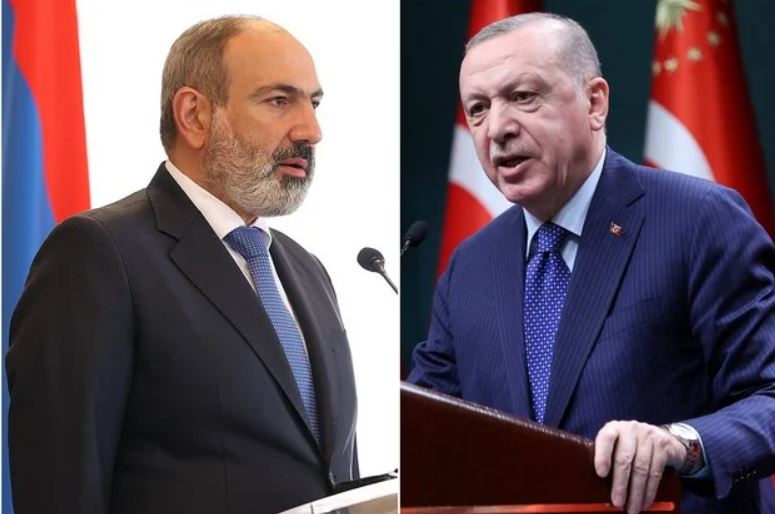IRI Armenia Poll Shows Concerns over Territorial and Border Issues, Desire for Bilateral Relations with Turkey, Some Openness to Cross Border Transport Routes
Yerevan, Armenia – A new nationwide poll in Armenia by the International Republican Institute’s (IRI) Center for Insights in Survey Research shows that territorial and border issues are the top national concerns. Armenians also expressed a strong desire for bilateral relations with Turkey and some openness for new cross border transport routes in the region.
When asked about major problems in the country, 28% of Armenians said that territorial and border issues were their top concerns, far ahead of other issues named.
“With the recent Nagorno-Karabakh conflict and a history of military confrontation in the region, Armenians are understandably concerned about national security and threats along the border,” said Stephen Nix, Director of IRI’s Eurasia Division. “They would like to see a resolution to these long-standing territorial issues.”
Read also
The poll also showed that a strong majority would like to see better relations with Turkey. In total, 70% of Armenians agreed that bilateral relations with Turkey should be established, albeit with preconditions such as Turkey’s non-hindrance in Nagorno-Karabakh.
“History shows that these countries have had difficult bilateral relations throughout the years,” said Nix. “A desire among the Armenian people to strengthen ties with Turkey is a very positive development.”
Additionally, the survey highlighted a willingness among some for more economic cooperation with Turkey and Azerbaijan through cross border transport routes. Thirty-five percent of Armenians said that transport routes with Turkey would have a positive economic impact and 27% said the same about Azerbaijan.
Methodology
The survey was conducted on behalf of International Republican Institute’s Center for Insights in Survey Research by Breavis (represented by IPSC LLC). Data was collected throughout Armenia between November 22 and December 5, 2021, through phone interviews, with respondents selected by random digit dialing (RDD) probability sampling of mobile phone numbers. The sample consisted of 1,512 permanent residents of Armenia older than the age of 18. It is representative of the population with access to a mobile phone, which excludes approximately 1.2% of adults. The sample has been weighted for 11 regions, age, gender, and community type according to the 2018 Yearbook of the Statistical Committee of Armenia. The margin of error does not exceed plus or minus 2.5 percentage points for the full sample. The response rate was 23%.
The survey was funded by the U.S. Agency for International Development.






















































